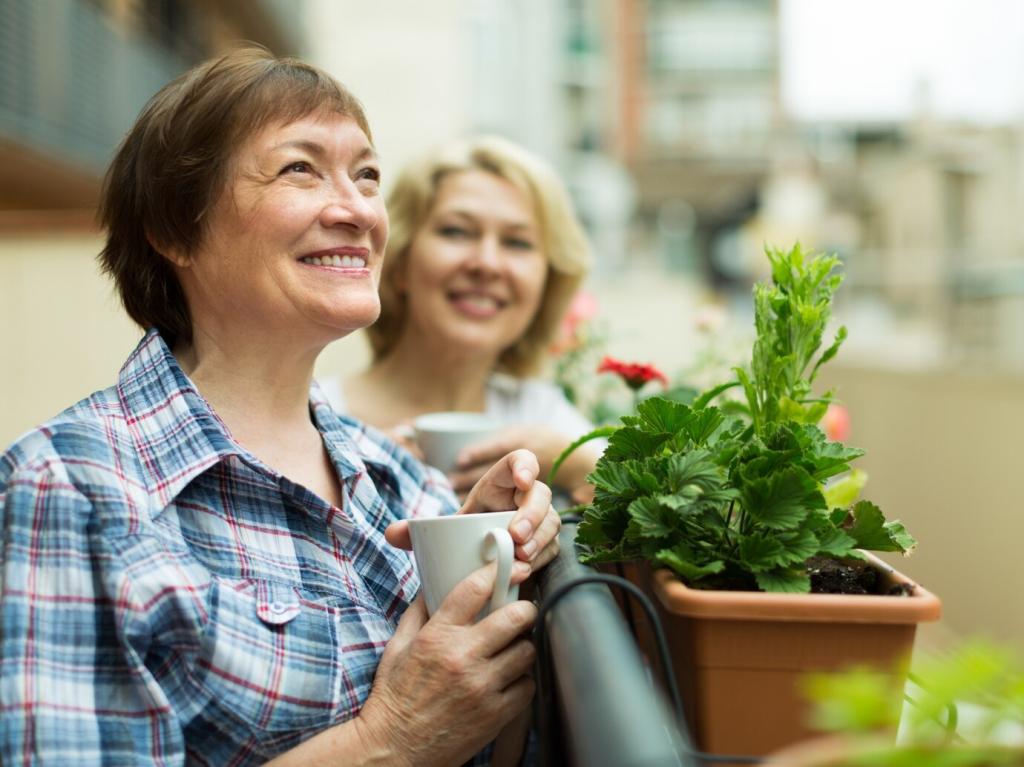How City Gardens Enhance Emotional Health
Amid the busy urban landscape, city gardens offer an inviting refuge where people reconnect with nature, de-stress, and restore balance. Far more than ornamental green spaces, these urban oases play a pivotal role in nurturing emotional well-being. By inviting city dwellers to pause, reflect, and engage with the living world, city gardens help soothe the mind, ignite joy, and foster a deeper sense of community. This article explores the many dimensions in which city gardens enrich emotional health.

The Calming Power of Green Spaces
The myriad textures, sounds, and scents found in city gardens have profound effects on emotional well-being. Lush foliage absorbs urban noise, replacing harsh sounds with the gentle hum of bees or the trickle of water. Touching cool grass, inhaling floral aromas, and visually feasting on colorful blooms collectively ground us in the present moment. These multisensory experiences act as natural mood stabilizers, tempering anxiety and encouraging relaxation in ways that digital meditation apps and screens simply can’t replicate.
Encouraging Social Connection and Community
Gathering Places That Spark Relationships
Urban gardens naturally draw people together—families, friends, and strangers alike. Whether it’s morning walkers nodding in recognition, parents chatting as children play, or neighbors tending flower beds side by side, gardens become stages for social interaction. These encounters alleviate loneliness and foster new friendships, key ingredients for emotional resilience. City gardens become touchstones for regular connection, nurturing deeper social roots that anchor residents and dispel urban isolation.
Inclusive Programs and Shared Activities
In many cities, gardens host diverse programs from yoga classes to gardening workshops and cultural festivals. Participatory activities create opportunities for residents of varying ages and backgrounds to mingle and collaborate. Teamwork in planting or maintaining these spaces yields a unique satisfaction—the pride of co-creation and shared stewardship. As community bonds form and trust grows, participants experience a collective uplift, their emotional well-being buoyed by a feeling of being part of something larger than themselves.
Reducing Social Isolation in Urban Settings
Urban life can be paradoxically lonely, with people living side by side yet feeling disconnected. City gardens counter this trend by making interaction easy and organic. Even solitary visitors report elevated mood simply by being near others, exchanging a smile or brief conversation. These casual connections offer psychological comfort, building a social safety net and reassuring city dwellers that they are seen and valued, thus reducing feelings of alienation.
Inspiring Mindfulness and Emotional Resilience
Inviting Presence and Reflection
Within a city garden’s bounds, the bustle of modern life recedes and moments of stillness become possible. Whether sitting quietly with a journal or slowly strolling, time seems to slow down. Nature’s quiet rhythms—a butterfly landing, leaves swaying in the breeze—invite visitors to observe with curiosity. These mindful interactions encourage introspection and a gentle detachment from rumination or worry, crucial for emotional restoration and clarity.
Building Coping Strategies for Urban Stress
Regular exposure to garden environments builds psychological resilience. Experiences of calm, happiness, and connection create a reserve of positive emotions that individuals can draw upon during stressful times. Mindful time in a garden also provides a safe space to process difficult experiences or emotions. Over time, city dwellers learn to recognize the value of pausing and recalibrating, developing coping skills that make them better equipped to handle future life challenges.
Enhancing Creativity and Emotional Expression
City gardens inspire creativity—a vital element of emotional health—by providing ever-changing scenes and textures to explore. Many people find new inspiration for art, writing, or problem-solving while surrounded by plants and natural beauty. Furthermore, gardening itself is a creative, expressive act that allows people to leave a personal mark on a public space. This self-expression deepens satisfaction and generates pride, reinforcing positive emotional cycles.
